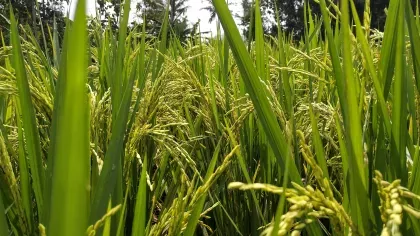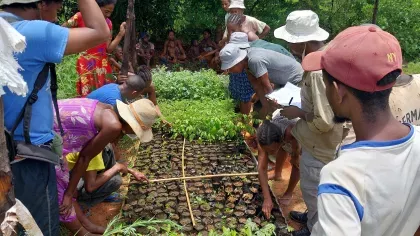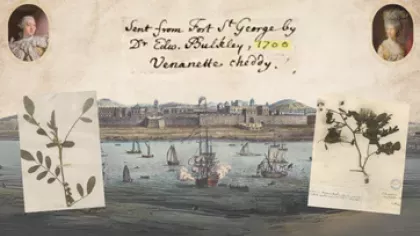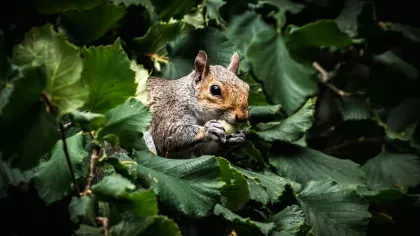15 October 2020
What is ecocide?
Ecosystems are an asset to humanity. But when could intentional environmental damage be an international crime?

Ecosystems are an asset to humanity and we need them to survive.
They are defined as communities of plants, animals and other organisms that interact with each other, and also with the environment.
From rainforests to coral reefs, ecosystems are direct contributors to human life as we know it.
The plants, fungi and animals in ecosystems lead to the food we eat, our medicines, oxygen, and clean water.
As part of their ecosystem plants can regulate climate, prevent flooding, protect communities from natural disasters, and offset pollution by storing carbon.
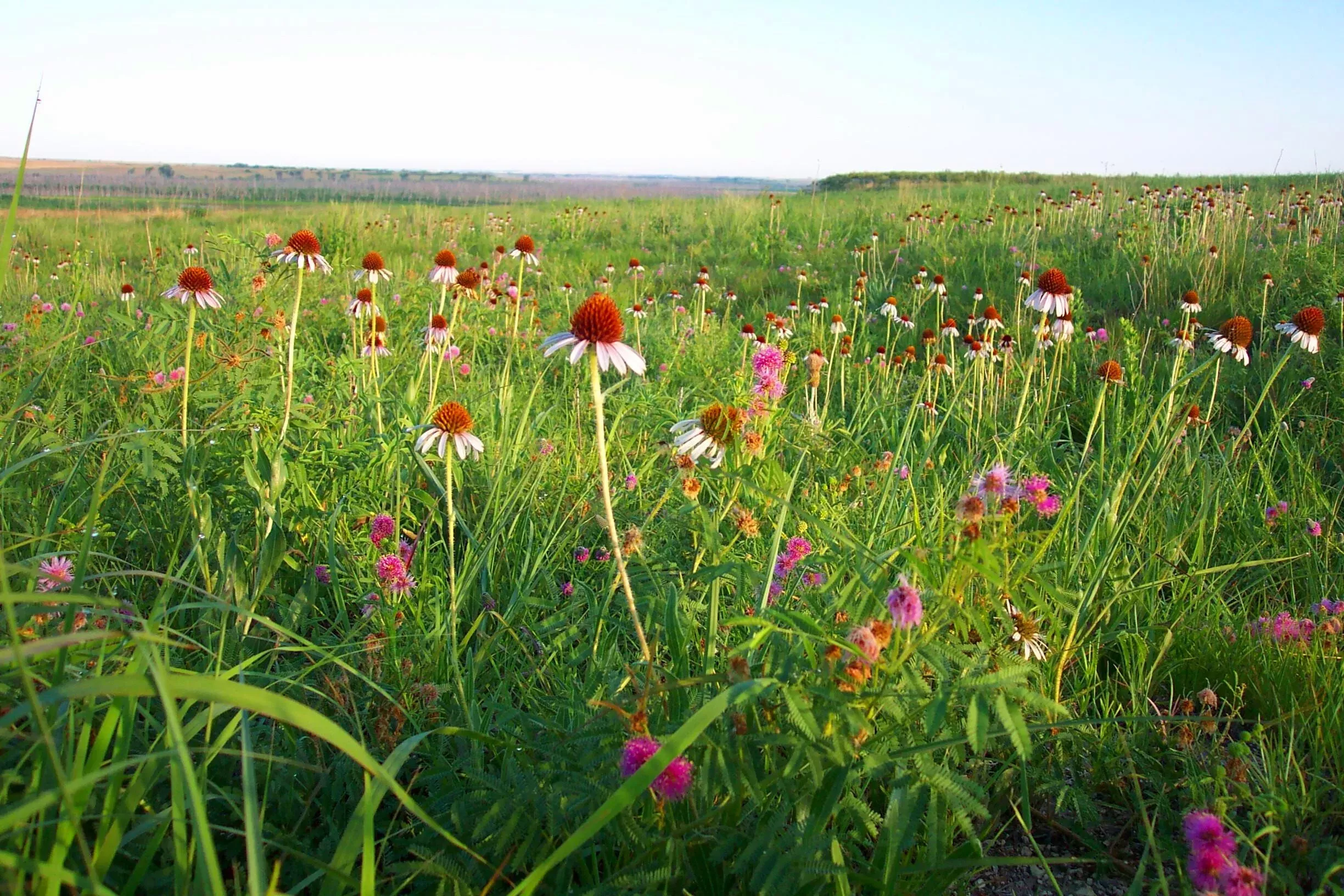
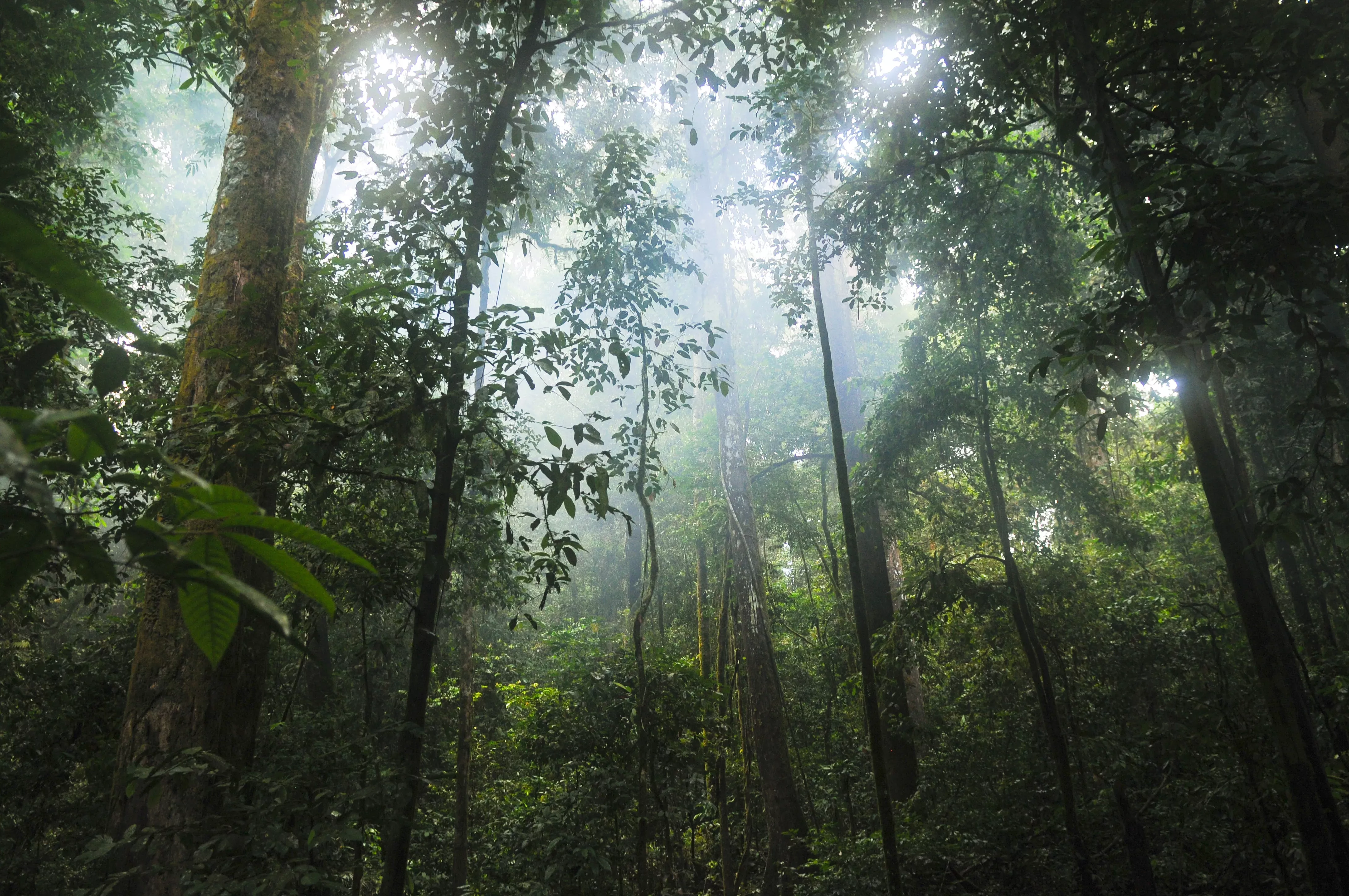
Tipping point
Deforestation and pollution are two of the major contributors to environmental damage. When the damage becomes irreversible, the ecosystem reaches a tipping point - and there's no going back.
Once you reach a certain level of damage ecosystems shift into a new state. This can be caused by crossing a certain temperature threshold, for example.
With rainforests, a process of desertification starts to happen that can't be reversed. This is when fertile land becomes a desert.
The Sahara desert was once green, but over a period of 400 years it became a desert. Sadly, it's not beyond the realms of possibility that this is the course set for the Amazon too.
The consequence is the immediate loss of species, and with that the loss of possible medicines, food and plant knowledge, as well as water loss in surrounding areas.
Forests are vital for human life as trees remove excess carbon dioxide from our atmosphere and convert it into the oxygen we breathe. They also help to reduce levels of carbon dioxide in the atmosphere that cause climate change.
When forests are cut down or burned, the stored carbon is released back into the atmosphere. Losing such a large rainforest would have a massive impact on the planet and the future of human life.
Did you know?
-
It's estimated that the world lost 502,000 square miles of forest (1.3 million square kilometres) between 1990 and 2016, an area larger than South Africa.
What is ecocide?
Ecosystems are so precious that some argue their destruction should be considered an international crime, called ecocide.
Ecocide is defined as the destruction of a natural environment, or very great damage to it.
It would determine who is responsible for environmental damage, from governments right down to corporations and individuals deliberately causing the destruction, and make them criminally liable for the harm they do to the Earth.
This might cover hurting animal species, polluting rivers, or cutting down forests.
For example, there have been calls for the the Amazon fires of 2019 to be considered an ecocide crime.
The need for a law that protects the natural world has been debated for a long time. The term might have been used since the 1970s, but has gained greater attention in recent years due to the work of lawyer Polly Higgins.
She was dedicated to speak for nature and make the loss, damage or destruction of ecosystems an enforceable law recognised by the United Nations.
Despite her untimely death in 2019, the work continues. The concept of ecocide is being debated by scientists, leaders, businesses, and lawyers around the world, but it has not yet been accepted as an international crime by the United Nations.
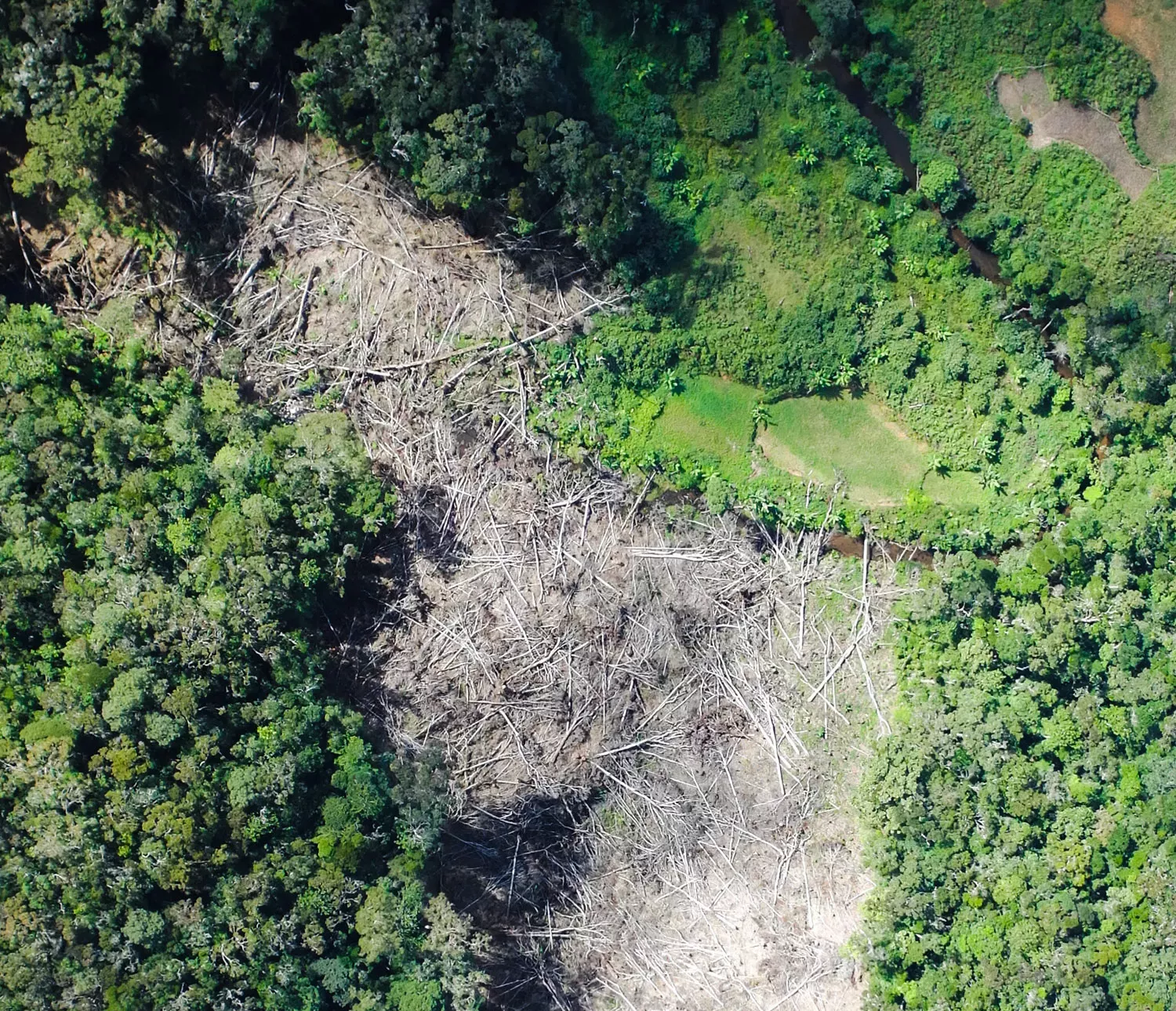
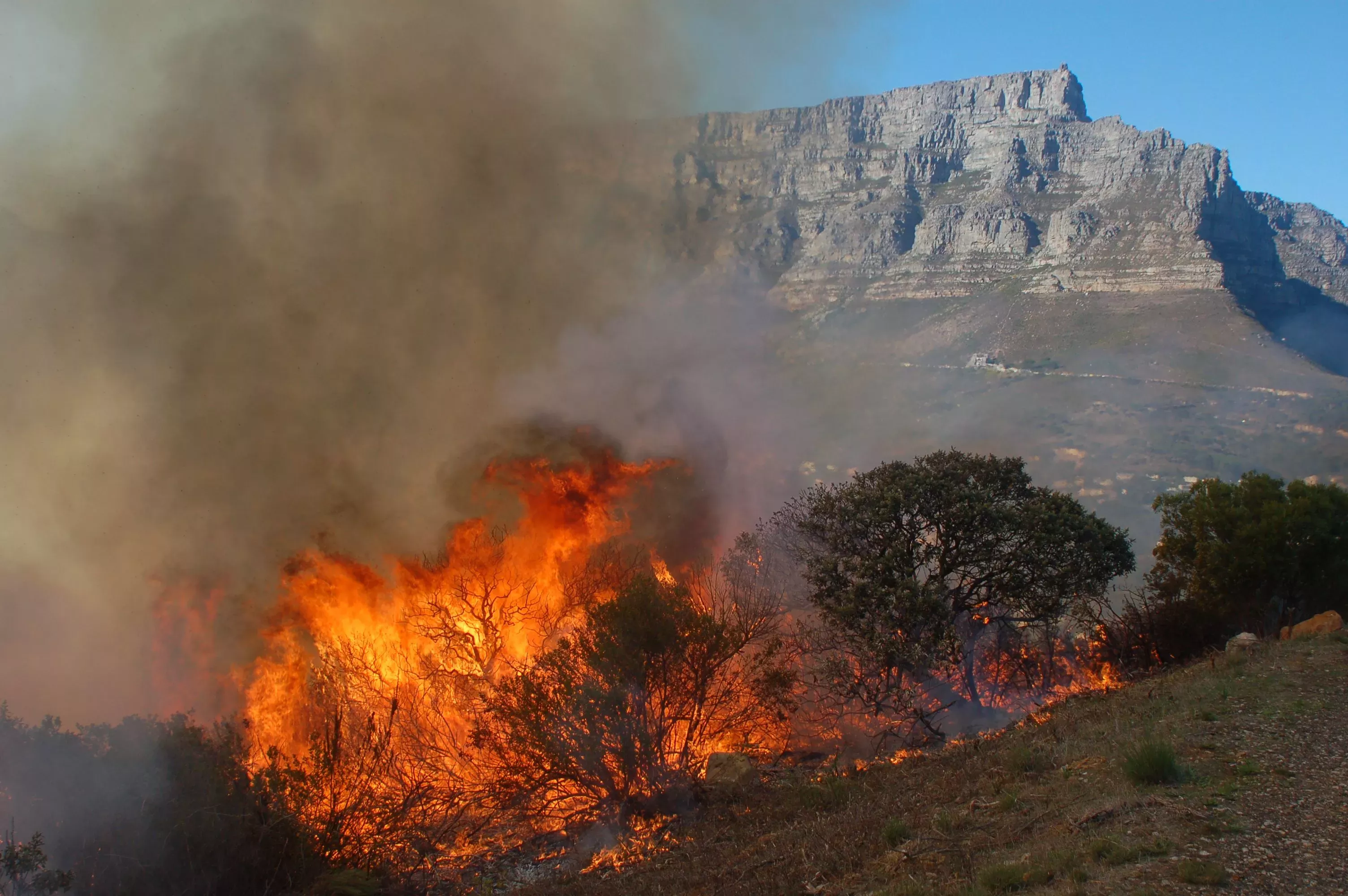
But what laws already exist?
There are already international laws that protect nature. But ecocide proponents argue they don't go far enough, because there is room for protecting human interest over protecting biodiversity.
Individual countries have their own national legislation for protecting species and ecosystems, from laws in Kenya banning the use of plastics to the USA's Clean Water Act.
The problem is there’s a huge variation across countries around how laws are formed and implemented.
Having an international law, ratified by multiple countries, would mean we could collectively safeguard main ecosystems that are vital for the future of humanity, like the Amazon rainforest.
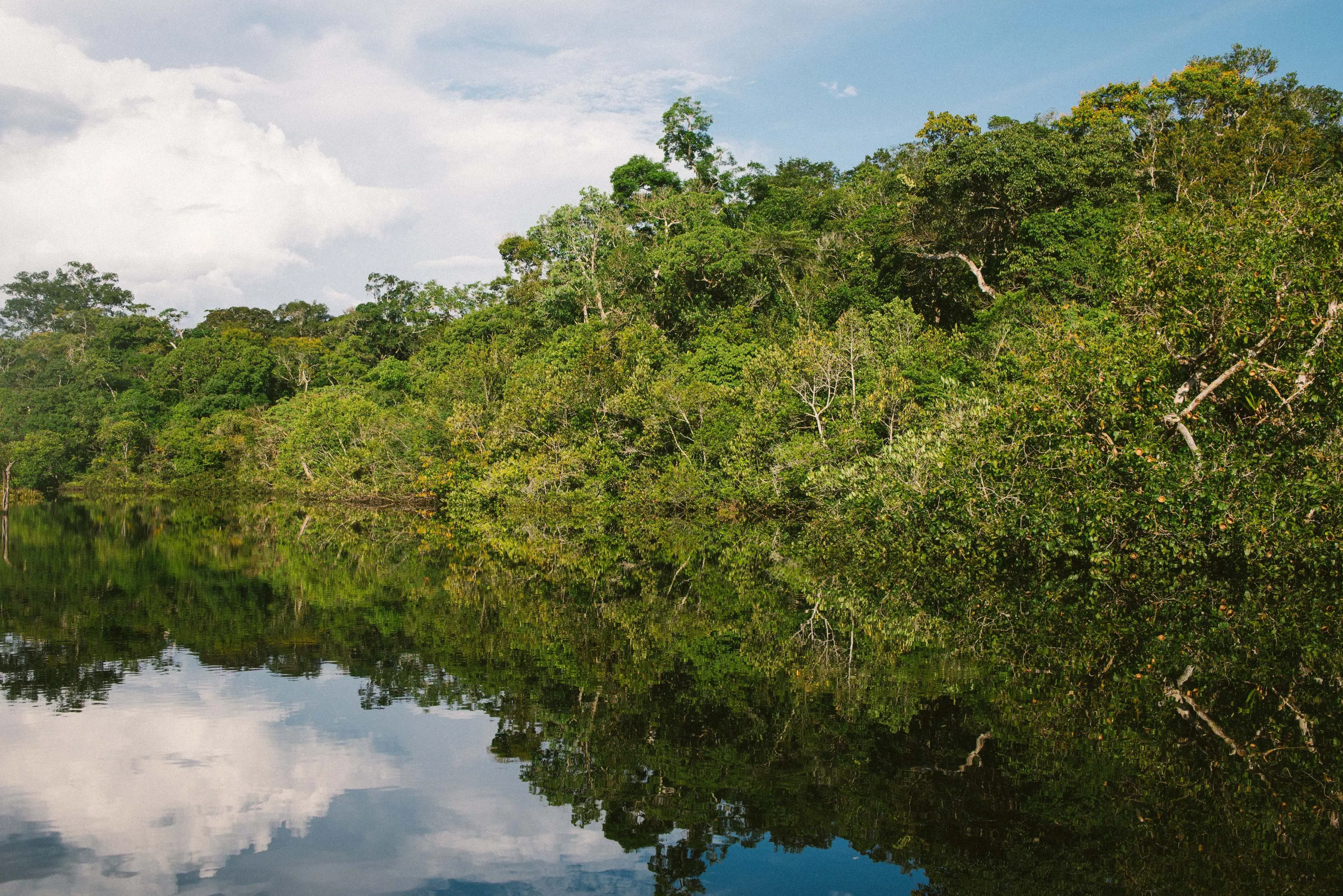
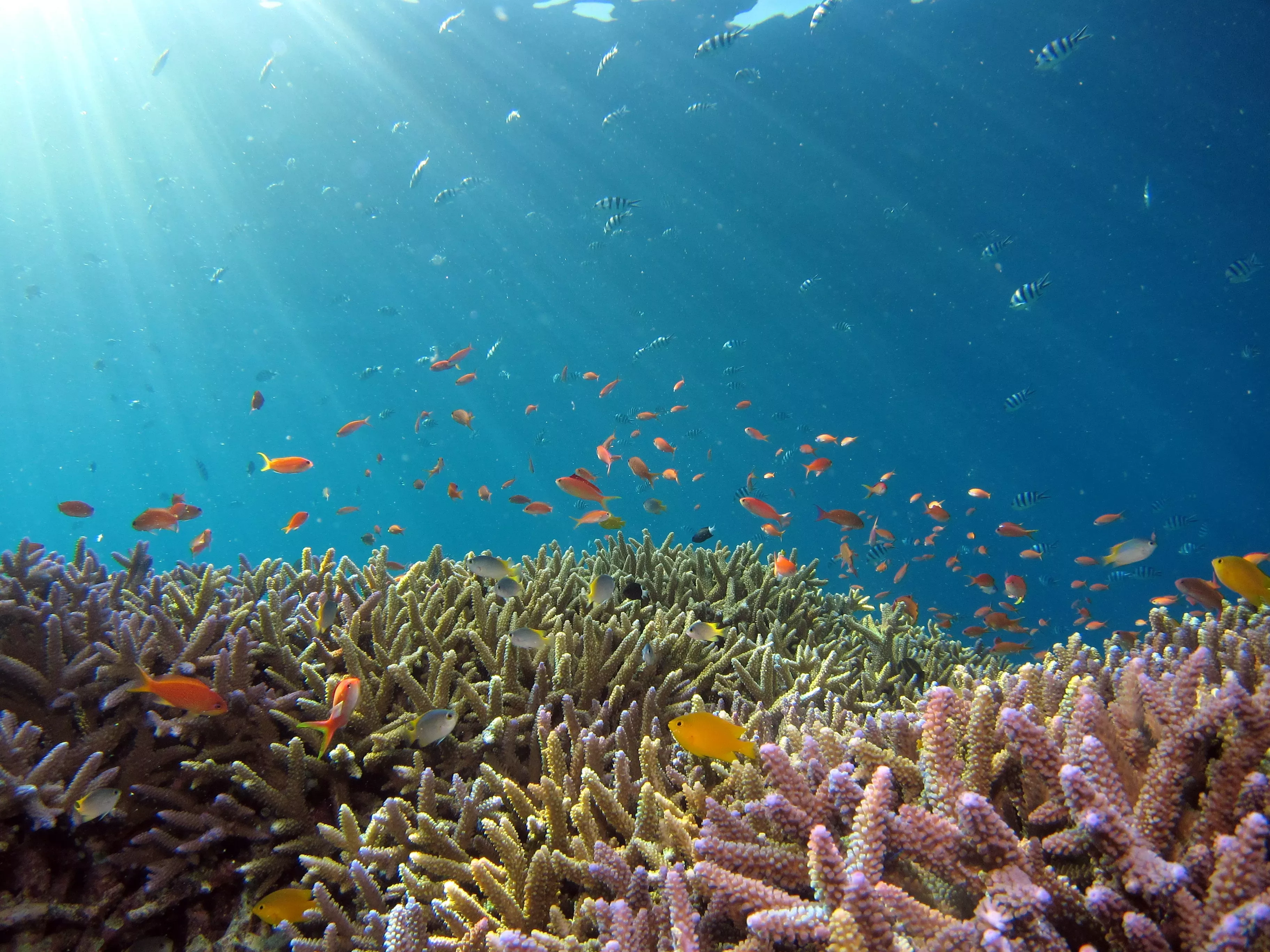
A debated issue
Not everyone agrees that ecocide law is the best way to tackle environmental harm.
Communities who are forced to exploit their land in the face of poverty, limited resources and food scarcity would be held accountable to this law, potentially lumped together with businesses and governments.
Those living in less developed countries often have no other choice but to farm cattle or grow products that result in deforestation. It could be the only way to feed their families or earn a living.
There are many cases where damage done to the environment isn't intentional. People may not appreciate the consequences of their actions or understand the wider impact of their activities, but don't set out to damage ecosystems on purpose.
Trying these cases are an international level, in the same way that genocide or war crimes are examined, may not be fair or appropriate.
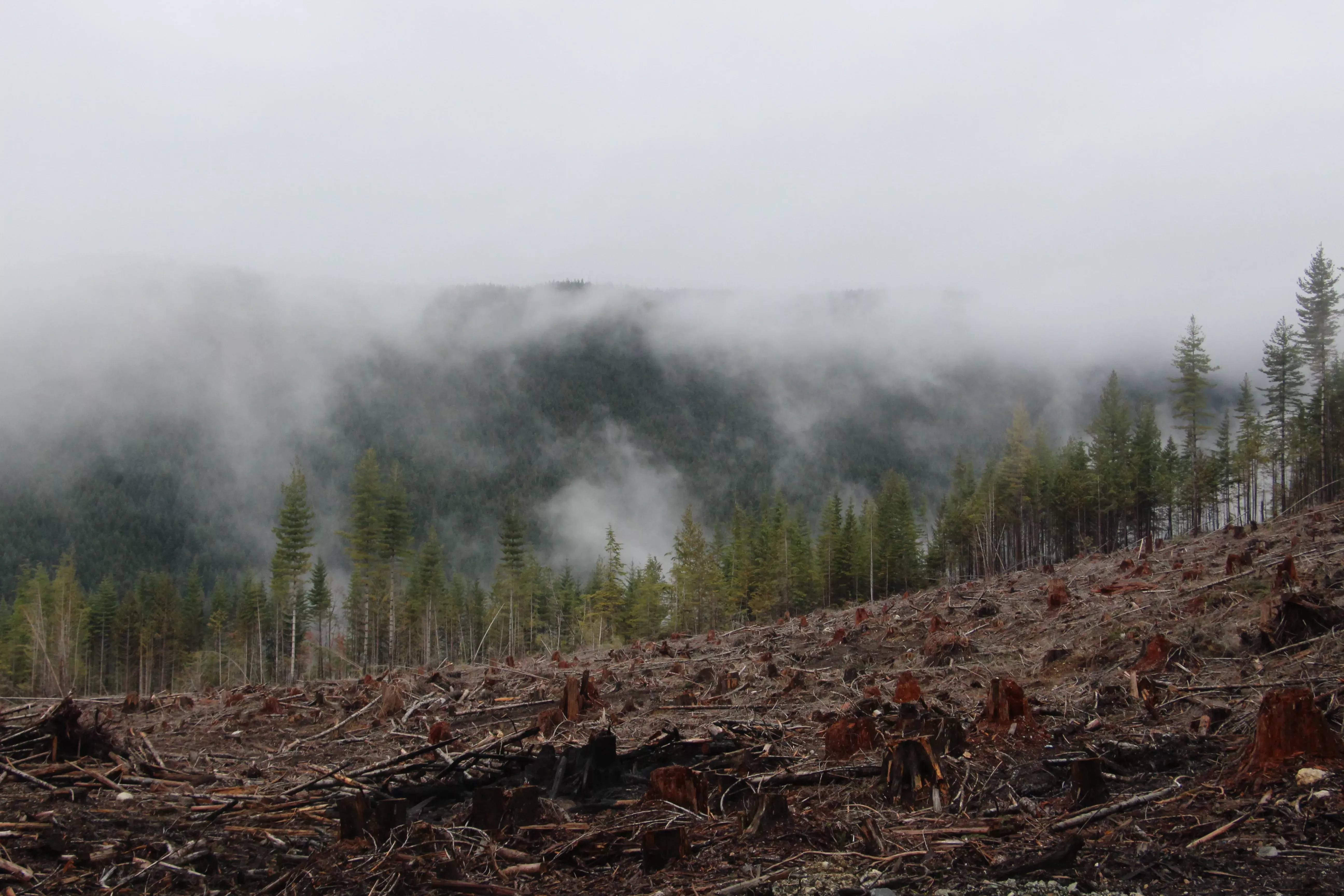
The demand for products that cause ecosystem harm, such as deforestation, often comes from richer countries. This includes pressure for products like cheap beef and soya.
This demand drives deforestation, so changing our buying habits is a powerful way of reducing ecosystem harm.
Community-led initiatives can also help prevent harm to the environment. Working with local people, who have a deep understanding of these landscapes, helps us understand how to protect them sustainably whilst supporting the communities that live there.
Kew has worked with communities in Peru, for example, to learn more about the environment there, replant trees and farm cattle at sustainable levels in a way that works for local people.
Ecocide law is one way we could tackle environmental harm, protecting the future of the planet and the human species. But is it fair to those who are trying to survive?
Tune into our podcast episode to find out more about disappearing trees, ecocide, and crimes against nature.
What do you think about the term ecocide? Let us know on Instagram, Twitter or Facebook.

